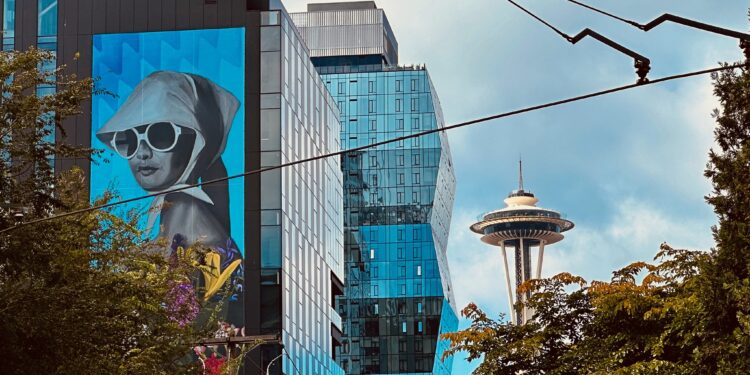A Seattle-based AI startup’s decision to relocate to California’s tech capital is reigniting conversations around tech culture, startup intensity, and the future of innovation in the Pacific Northwest.
Nectar Social, an artificial intelligence-powered social commerce company founded by sisters Misbah and Farah Uraizee, is leaving Seattle behind to set up shop in Palo Alto. The move, according to the co-founders, is motivated by the fast-paced, competitive environment of Silicon Valley, what they describe as “Valley speed.”
Misbah Uraizee noted that in the Bay Area, many startup teams operate at full throttle, often working six or seven days a week, driven by a shared sense that this is a pivotal moment in tech history. That sense of urgency, she said, is less palpable in Seattle, where even early-stage startups tend to adopt the more measured tempo of larger tech firms.
The news sparked a mix of reactions on Reddit, where some Seattleites expressed skepticism toward the startup’s values and work expectations. One user commented that the hustle-oriented culture Nectar is seeking isn’t something they ever want normalized in Seattle’s job market. Another described the push for round-the-clock work as “egotistical garbage,” rejecting the idea that this is what innovation must look like.
While some embraced the move with sarcastic goodbyes and hopes for cheaper rent, others used the moment to reflect on the city’s unique identity. Several commenters highlighted that Seattle’s slower, more balanced pace of life is actually a draw, not a drawback.
Nectar’s exit also caught the eye of tech investor Aviel Ginzburg, who leads the startup hub Foundations in Seattle. Ginzburg remarked that for young or unconnected founders, his first question is often why they haven’t already moved to the Bay Area. In his view, while Seattle might not always be the most advantageous place to build a company, its culture of sustainability and intentionality in tech is something worth preserving.
Still, the departure underscores broader concerns about Seattle’s startup environment. Misbah Uraizee pointed out that while the region’s ecosystem has matured significantly in recent years, there remains a noticeable gap in appetite for early-stage risk-taking, a gap that can be critical for startups seeking aggressive growth.
Nectar Social, which launched in 2023, specializes in helping brands engage consumers directly through personalized AI-driven conversations across social media platforms. The company recently raised $10.6 million in funding, signaling strong investor confidence in their model.
This latest move is part of a larger trend. The New York Times recently reported a surge of young entrepreneurs migrating to San Francisco, eager to secure a foothold in what they see as a once-in-a-generation AI boom.
Veteran entrepreneur Samir Manjure, CEO of Seattle-based Vieu, weighed in on the issue, noting that while Seattle has the talent and the technology, the region must act “louder, faster, and bolder” if it hopes to retain emerging companies.
In the end, Nectar Social’s departure may serve as both a cautionary tale and a call to action, a reminder that for Seattle to remain competitive in the tech space, it must not only nurture its talent but also adapt to the evolving expectations of those building the next generation of companies.







